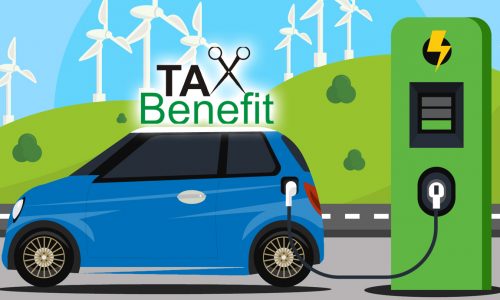President Joko “Jokowi ” Widodo held a meeting with his staff on Wednesday, May 3, 2023, to discuss the mechanism of the carbon market in the country.
Based on the meeting, the government will regulate the carbon market mechanism in Indonesia through the Financial Services Authority (OJK), as the country has tremendous potential for carbon trading but requires a qualified market system.
According to Investment Minister/Head of the Investment Coordinating Board (BKPM) Bahlil Lahadalia, carbon trading in Indonesia would be open but registered, and it would follow a trading governance mechanism on the carbon exchange regulated by the OJK.
“It was decided earlier that carbon trading in Indonesia will be open in nature but must be registered, and everything must go through a trading mechanism on carbon exchange, namely through the OJK. The OJK will arrange it later,” Bahlil said.
The government planned that carbon trading will be carried out by the Indonesia Stock Exchange (IDX). The IDX has been coordinating with OJK and related ministries, such as the Energy and Mineral Resources Ministry, Finance Ministry, Trade Ministry, Coordinating Ministry for Maritime Affairs and Investment, and Environment and Forestry (LHK) Ministry.
The OJK is still preparing mechanisms and regulations, including waiting for tax provisions related to carbon exchanges. Meanwhile, to enter the carbon exchange, business actors must register with the LHK Ministry, according to Bahlil.
“After registering for the carbon exchange, they can trade like ordinary stock trading,” Bahlil added.
Needs for clear and precise mechanism
In 2021, the government has issued a regulation on the carbon market, as a form of Indonesia’s commitment to Nationally Determined Contributions (NDC) related to climate change issues, both in the form of strengthening programs and strategies.
The carbon market mechanism in Indonesia is expected to focus on emissions reductions in the energy, industry, forestry, and agriculture sectors. It is also expected to include both voluntary and mandatory carbon markets, with companies and industries able to buy and sell carbon credits.
So far, the government has yet to learn how much carbon is being sold abroad. Carbon trading could be a source of income for the state. Several countries have succeeded in capitalising on carbon trading, while Indonesia has yet to.
According to the Coordinating Ministry for Maritime Affairs and Investment data, Indonesia has the world’s third-largest tropical rainforest, which can absorb up to 25.18 billion tons of carbon emissions. It also has mangrove forests and peatlands, which can absorb 33 billion tons and 55 billion tons of carbon.
The data shows that Indonesia can absorb about 113.18 gigatonnes of carbon emissions in total. If the government can sell each carbon credit for US$5 on the market, it could earn up to US$565.9 billion from carbon trading.
Therefore, Jokowi wanted the government to regulate and monitor everything related to carbon. The carbon to be traded will be certified for more precise tracking and occur on the carbon exchange.
The government also decided that the carbon price in Indonesia should not be sold on other carbon markets abroad. Carbon trading will use an electronic system based on technology that can track the origin and source of the carbon, whether it is from a forest or an industry. This way, the carbon will still have its identity and traceability even after multiple trades.
The government also wants to set the global carbon price with Indonesia’s carbon price. To do this, Indonesia needs to impose high carbon tax rates. The government plans to apply a rate of around US$2 per tonne, the lowest among other countries. Indonesia will also prepare a carbon credit trading scheme to set its carbon price and not follow the global market price.








